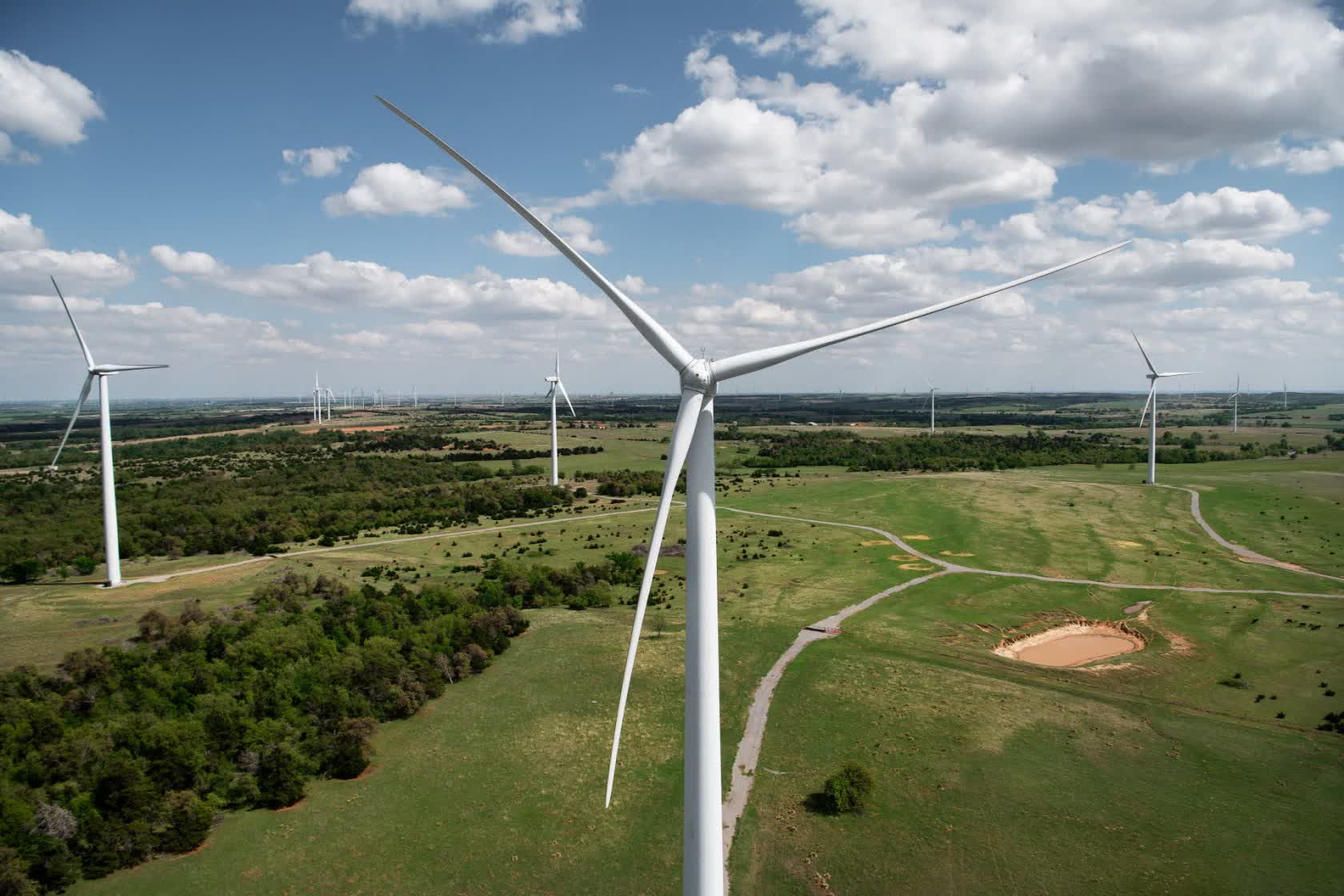In brief: Google became carbon neutral over a decade ago, but today, the tech giant pushed the envelope even further. According to a new announcement, Google has officially eliminated its 'entire carbon legacy,' including emissions generated before it went carbon neutral in 2007.

It achieved this milestone using the purchase of "high-quality carbon offsets" to reduce its "lifetime net carbon footprint" to zero. Google says it's the first major company to accomplish this feat, putting it ahead of firms with similar sustainability goals, such as Amazon or Apple.
As CEO Sundar Pichai writes in a blog post, sustainability has been a part of Google's values for many years -- since the company was first founded, in fact, or so he claims.
Since Google was established in 1998, the corporation has hit multiple climate-related targets, such as full carbon neutrality in '07, or offsetting 100 percent of its energy use with renewable alternatives in 2017.
Google won't leave well-enough alone, though. The company intends to operate on nothing but "carbon-free" energy sources across all of its global data centers and campuses by 2030.
Google calls its 2030 goal of eliminating its use of carbon-based energy sources a "moonshot," and one with tremendous "practical and technical complexity." Regardless, Google hopes to tackle this project by combining wind and solar power sources together, using AI to boost energy efficiency, and increasing battery storage capacity.
It remains to be seen whether or not those measures will be enough to help Google reach such an ambitious goal, but we'll keep you updated on its progress.
https://www.techspot.com/news/86744-google-has-fully-offset-lifetime-carbon-emissions-today.html



